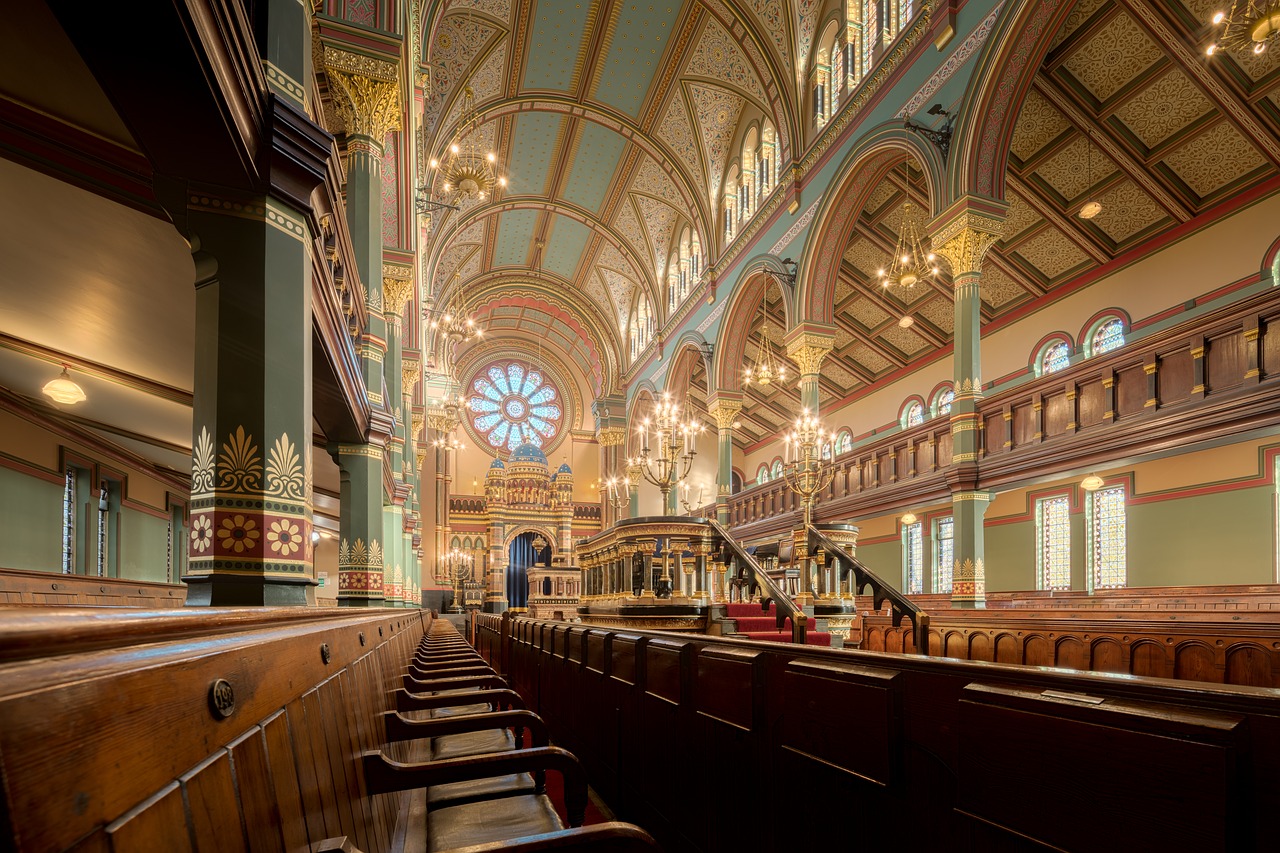We recite Aleinu daily, many of us three times a day. Perhaps because we have grown so accustomed to saying it, many of us unfortunately do not appreciate the significance and importance of this tefilah. In fact, we are often mentally on our way to the next part of our day as we fly through this awesome tefilah.
Aleinu is one of our earliest tefilos. It was composed by Yehoshua bin Nun. The Anshei K’neses HaG’dolah instituted its inclusion in the Malchiyus section of tefilas Musaf on Rosh HaShanah. Over the next five weeks, we will continue, b’ezras Hashem, to focus on this tefilah, which plays such a prominent role in our Rosh HaShanah tefilos. The fact that it does play such an important role should be enough to get us motivated to improve our focus each time we say Aleinu during Elul.
The Malchiyus section of Musaf is not an independent brachah but rather is included within the section of K’dushas HaYom. The reason this is so is that the very essence of Rosh HaShanah is accepting Hashem’s Kingship: kabalas ol Malchus Shamayim (HaRav Chaim Friedlander, Rinas Chaim). This is the “ikar mahus ha’yom v’avodaso” (the primary essence of the day and its service), according to HaRav Friedlander.
Many, when thinking about Rosh HaShanah, would say that “judgment” is the essence of the day. In fact, Rosh HaShanah is referred to as Yom HaDin (the Day of Judgment). HaRav Friedlander explains that our judgment is based on the degree to which we are willing to accept Hashem’s Kingship over ourselves. Certainly, we are davening for the revelation of Hashem’s Kingship in the world at large. Indeed, we spend a good part of the Malchiyus tefilah requesting this. However, the truth is that it is easier to accept Hashem’s Kingship upon the world at large than it is to live our personal lives as Hashem’s servants. Everything we do, say, and think must be filtered by “What does Hashem want me to do in this situation?” We must realize that we make hundreds of decisions daily, many of them subconsciously, and we need to ask ourselves if we are ready to decide every one of these queries based on our understanding of what Hashem’s will is in this situation. Are we willing to ask a rav when we are uncertain how the Torah instructs us to act in this case? Our willingness to subjugate our will to the will of Hashem is the essence of our service, and our judgment on Rosh HaShanah is dependent on the degree to which we accept to do so.
Aleinu was chosen to be the lead tefilah of Malchiyus, the core section of the core tefilah for Rosh HaShanah. The aron ha’kodesh is opened during Aleinu, which the Levush says is like being in the Kodesh HaKodashim in the Beis HaMikdash. Let us conclude this week with the Mishnah B’rurah (siman 132:2 s”k 8, quoting Matei Moshe):
יש לומר עלינו באימה וביראה כי כל צבא השמים שומעים והקב”ה עומד עם פמליא של מעלה וכולם עונים ואומרים אשרי העם שככה לו אשרי העם כו’— One should say Aleinu with dread and fear. This is because the entire host of Heaven hear it and the Holy One, Blessed be He, stands with His celestial entourage and they all respond by saying, “Happy is the people for whom it is thus, happy is the people, etc.”
This passage of the Mishnah B’rurah is speaking about every day’s reciting of Aleinu as well. When we say Aleinu down here, we have some incredible company from Above!
